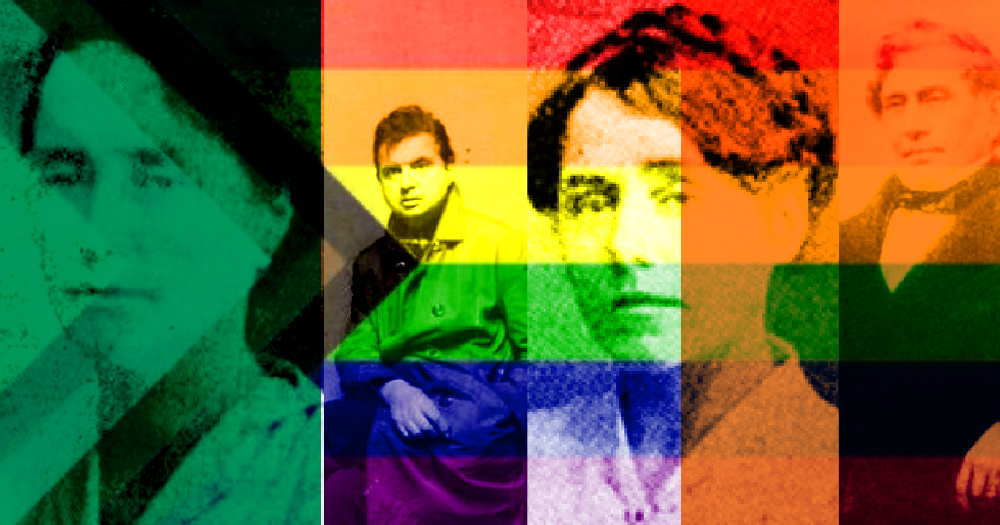Queer people have been shaping history since the birth of humankind, but shame and secrecy have meant that these people’s queerness is often forgotten. In recognition of LGBTQ+ history month, and the contribution of Ireland’s queer community to politics, art and culture, we have compiled a list of nine trailblazing figures in Irish history.
By no means exhaustive, this is just a small list to encourage you to look further into Ireland’s queer history.
Oscar Wilde
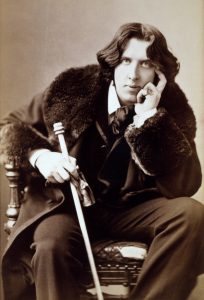
One of the most acclaimed playwrights, poets and novelists of the 19th century, Oscar Wilde, is arguably the most famous figure in queer Irish history. Educated in Trinity College Dublin and Oxford, he wrote globally-renowned works such as The Picture of Dorian Gray and his comic masterpiece, The Importance of Being Earnest.
Although married to a woman, Oscar Wilde was a gay man and was famously imprisoned for gross indecency following consensual encounters with men. He was incarcerated in London’s Pentonville, and after his release from prison, he spent his remaining years in exile in Paris until his death at the age of 46 on November 30th, 1900.
Elizabeth O’Farrell and Julia Grenan
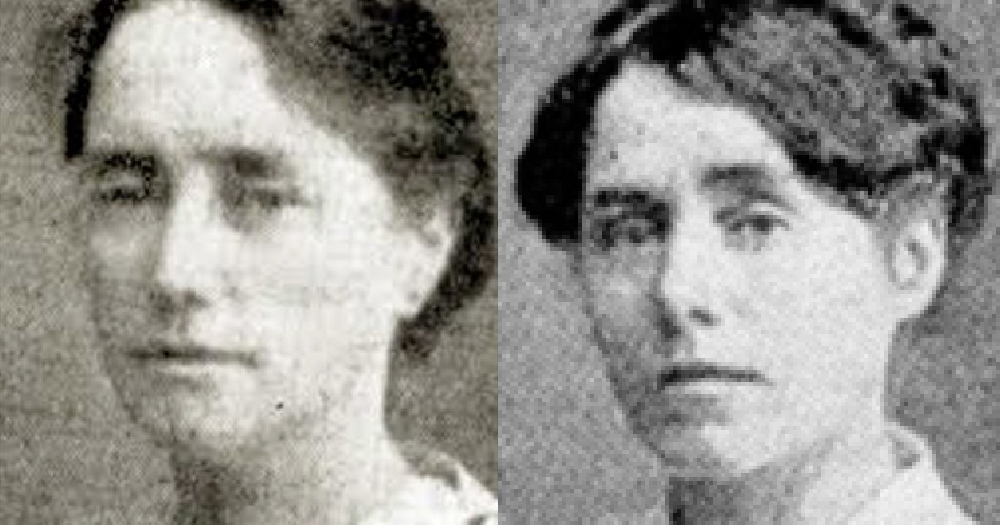
Two heroines of the Rising, Elizabeth O’Farrell and Julia Grenan, were also a couple. O’Farrell was a nurse, while Grenan was a dressmaker and furrier. After attending convent school together, they together entered the world of activism.
During the Rising, Grenan and O’Farrell worked as couriers, delivering ammunition and caring for the injured. At the end of the Easter Rising, it was O’Farrell who delivered the surrender notes to the rebel garrisons, while Grenan was one of the last rebels to leave the GPO in 1916. Today, the couple are buried together in Glasnevin cemetery. Their inscription reads “faithful comrade, lifelong friend”.
Roger Casement

Another well-known figure in queer Irish history, Casement, was an Irish patriot in the 20th century. Casement’s sexuality was disputed for years following his death. Casement kept journals that came to be known as the Black Diaries. They contained often explicit and detailed descriptions of his encounters with other men.
Some Republicans claimed that the diaries were forgeries and refused to recognise Casement’s sexuality as valid. However, an expert group in 2002 concluded that there was no doubt to their authenticity, thereby confirming Casement’s identity as a gay man.
Anne Bonny and Mary Read
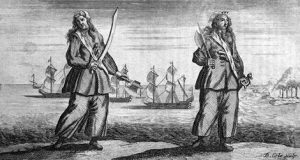
A recent audiobook series brought the story of queer pirates Mary Read, and her partner, Irish woman Anne Bonny, to life. Both were born into modest backgrounds but defied their circumstances and entered a predominantly male profession. The women rejected the gender expectations placed on them and dressed how they wished. Read stated how she identified with neither women nor men, saying, “I am just me”.
Francis Bacon
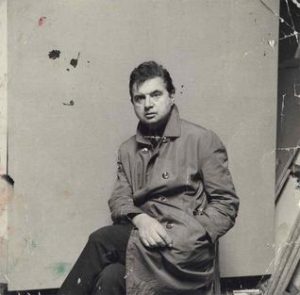
Francis Bacon is one of Ireland’s most celebrated artists. The unique and autobiographical nature of much of his work has gone on to inspire some of the biggest names in art, such as Julian Schnabel and Damien Hirst.
Bacon was a gay man and had a series of relationships with men. One of his most impactful relationships was with George Dyer, as depicted in the film Love Is The Devil as a small-time thief who met Bacon when he attempted to rob his house.
Dr James Barry
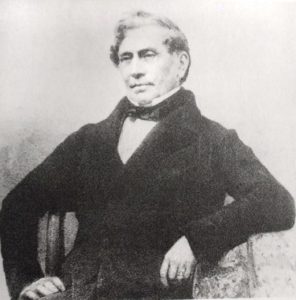
A historical military surgeon, Dr James Barry was one of the most celebrated in his field. He had requested upon his death that there should be no examination of his person. However, when Dr James Barry died, the public became aware that he was, in fact, assigned female at birth. RTÉ came under fire when they were accused of misgendering Dr Barry, and in 2019, acclaimed author EJ Levy was also criticised after referring to Dr Barry using she/her pronouns.
© 2021 GCN (Gay Community News). All rights reserved.
Support GCN
GCN is a free, vital resource for Ireland’s LGBTQ+ community since 1988.
GCN is a trading name of National LGBT Federation CLG, a registered charity - Charity Number: 20034580.
GCN relies on the generous support of the community and allies to sustain the crucial work that we do. Producing GCN is costly, and, in an industry which has been hugely impacted by rising costs, we need your support to help sustain and grow this vital resource.
Supporting GCN for as little as €1.99 per month will help us continue our work as Ireland’s free, independent LGBTQ+ media.
